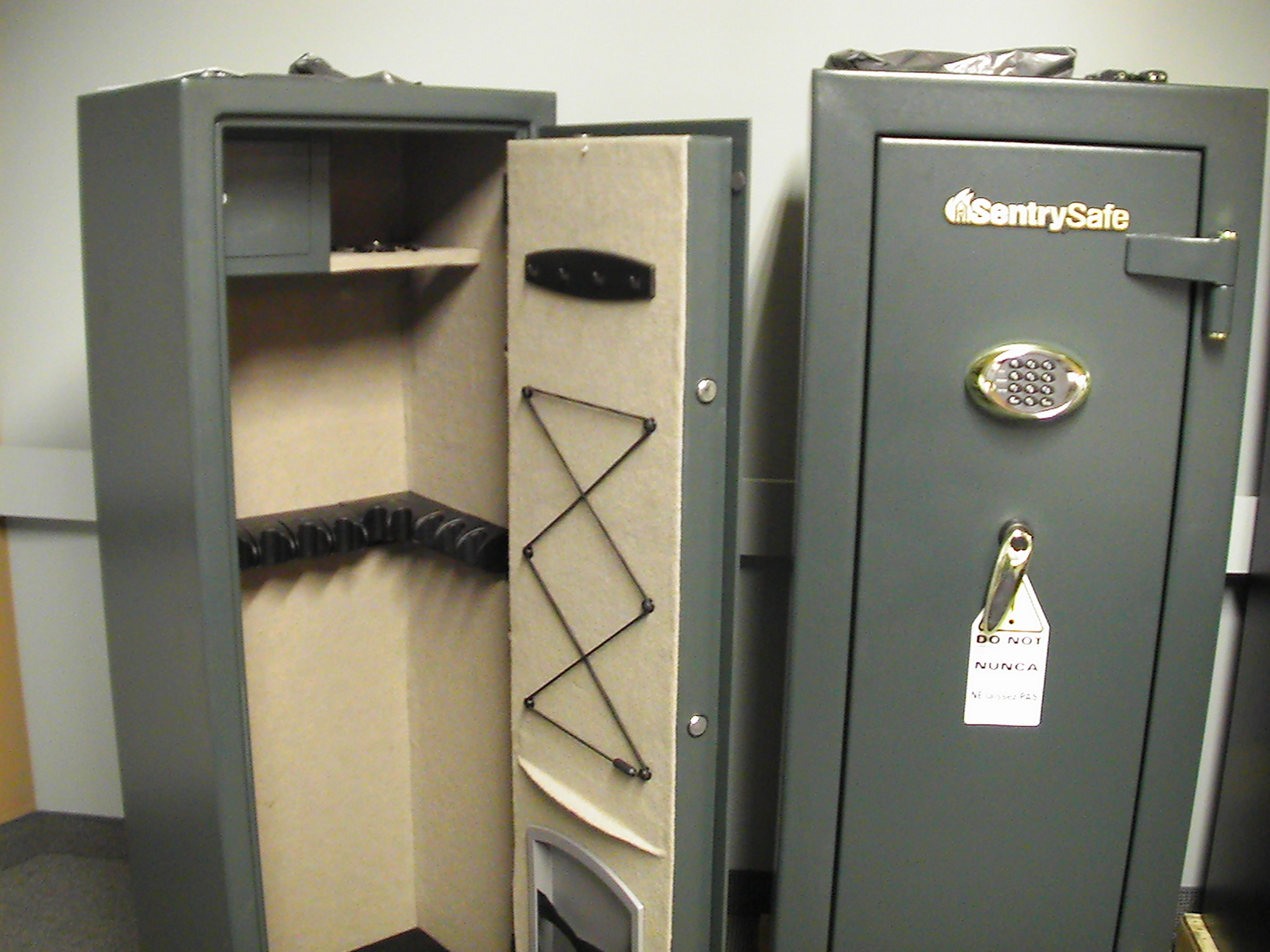Firearms: Locked (up) and (un) Loaded
This is Passport to Texas
If you own a firearm, you owe it your family and your community to keep it stored properly when not in use.
All firearms in the home should be locked, and separate from the ammunition; [the ammunition] preferably in a locked location as well.
Steve Hall, hunter education coordinator at Texas Parks and Wildlife, also says when not in use, always keep firearms unloaded.
And so, [we want to] make sure that kids don’t do like we did when we were kids: “Oh, what’s this? Let’s load that, and let’s put this in there…” [These are] the kinds of things that you don’t want kids doing with firearms that lead to accidents.
Curious children have unintentionally harmed themselves and others with firearms supposedly “hidden” in dresser drawers, garages, under beds, and top shelves of closets.
The good news is, that because of hunter education and because of all the firearm safety taught by organizations like the NRA and the National Shooting Sports Foundation, accidents in the home have gone down. And so, there’s a safety record that’s a lot better than it was in the 60s and 70s; but still, one accident is too many. So, we’re trying to promote safety at all cost.
Owning a firearm is a full time responsibility. Always lock it up. Find more firearm safety tips and hunter education classes when you log onto the Texas parks and Wildlife website.
The Wildlife Restoration program supports our series and supports shooting sports and hunter education in Texas.
For Texas Parks and Wildlife, I’m Cecilia Nasti.



 Passport to Texas is a
Passport to Texas is a  Passport to Texas is made available by:
Passport to Texas is made available by: